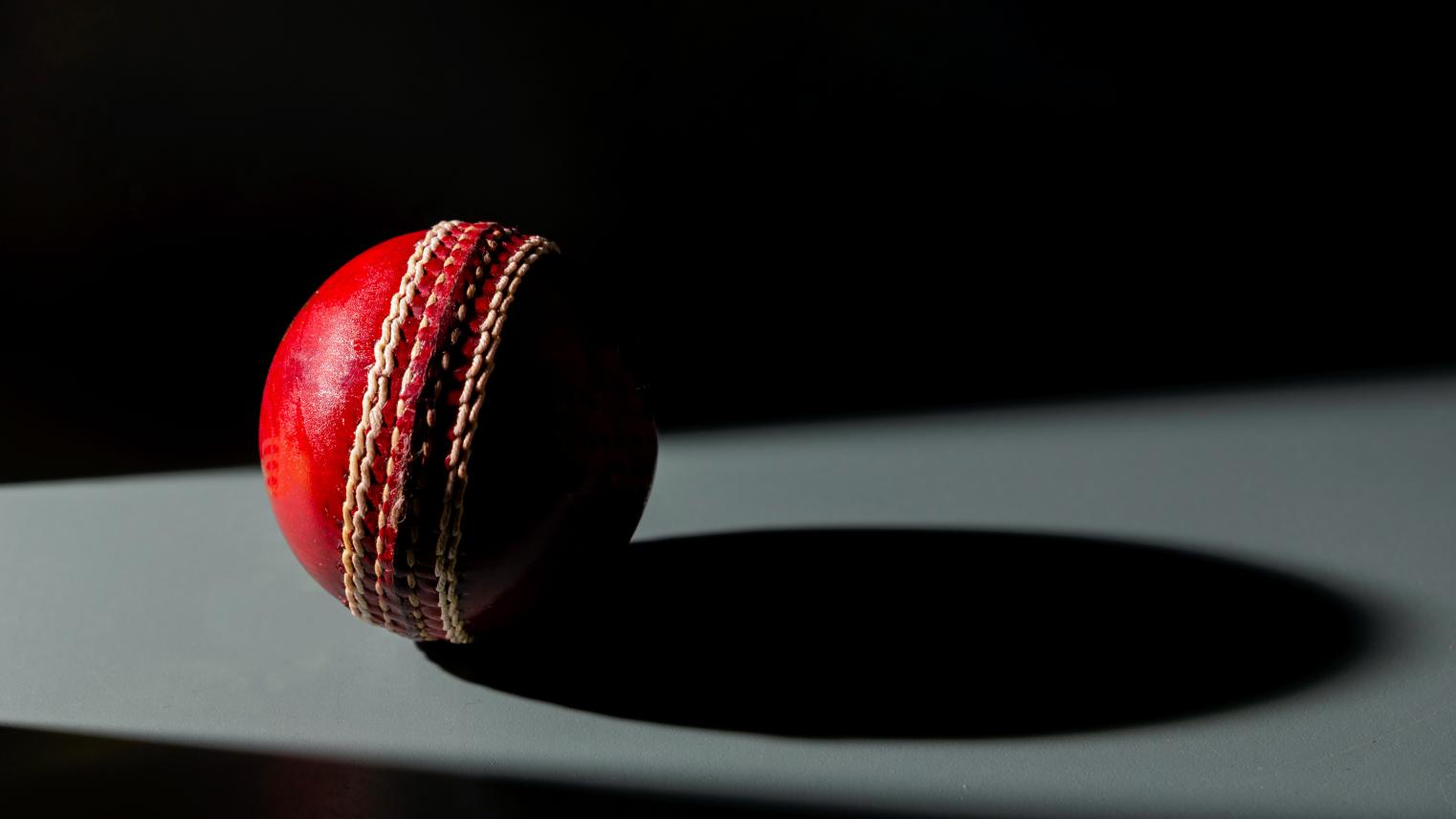This presentation outlines my doctoral research on the shifting cultural power relationship between Australia and India in the sport of cricket in the last three decades.
Drawing on a detailed study of media representations and in-depth interviews with commentators, journalists, administrators and players, I examine how Australia negotiated India’s rise to a position of political, economic and cultural dominance within the cultural field of international cricket.
Through analysis of a series of ruptures in the sport during the late 1990s and early 2000s, I chart how long-maintained Australian narratives of Indian racio-cultural inferiority were rendered unsustainable by India’s exercise of its newfound power. This was due, I argue, partly to the specificities of sport as a cultural field, its lusory nature meaning that the objectivity of results within a game can drive broader attitudinal change, and partly to the impact of the economic field on the cultural, with India’s economic power changing fundamental aspects of the form of the sport.
I will show that the shift in cultural power opened new possibilities and posed still unresolved challenges for Australian cricket. The period of conflict, ironically, established a site of nostalgic memory which now provides a meaningful point of connection between the two countries. It also forced a recognition of the generational and gender disconnect faced by Australian cricket. On the other hand, the changes in the form of the game mean that traditions of the sport which have positioned it as part of the Australian national imaginary are threatened, and that the financial health of the sport is tied to a hyper-commercial and increasingly politicised Indian cricket establishment.
Through my research, I add to contemporary discourse in cultural studies and cosmopolitanism by proposing that, for all of the game’s colonial history and contemporary neo-liberal capitalist logic, the changes in cricket are an example of how formerly colonial cultural practices can move beyond their racially-hierarchical histories and act as a shared point of reference across national-cultural boundaries.
Event Speakers
Geoffrey Piggott
In connection to his doctoral research, Geoff is interested in the contemporary challenges and potential afforded by nostalgia and memory in cultural fields with colonial histories.
